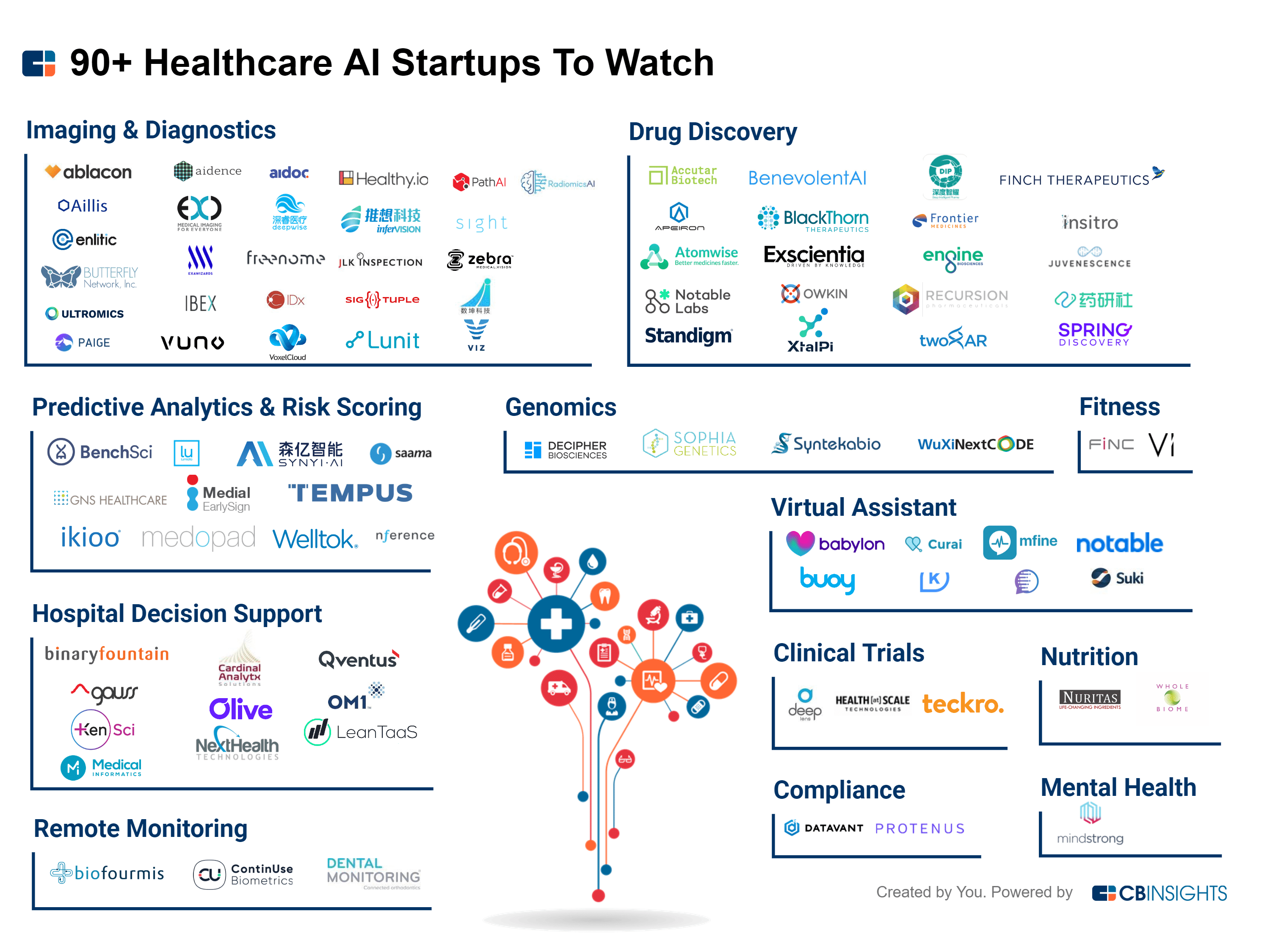Profit-Sharing Agreements Emerge as Crucial for Sustainable AI Healthtech Growth

Online discourse, notably highlighted by an article from HackerNoon on September 7, 2025, underscores the increasing importance of AI profit-sharing agreements for healthtech startups. The article, titled "Into the World of AI Profit Sharing Agreements" by Nebojsa "Nesha" Todorovic, asserts that such models are "crucial for healthtech startups," signaling a significant shift in funding and operational strategies within the rapidly evolving sector. This perspective gains traction as the industry grapples with the unique challenges of scaling AI-driven healthcare solutions.
The healthtech sector, particularly its AI-powered segment, is experiencing rapid growth, with AI-enabled startups attracting a substantial 62% of digital health venture funding in the first half of 2025, totaling $3.95 billion. Despite this influx of capital, many AI healthtech companies face significant hurdles in achieving sustainable profitability. High infrastructure costs for computing and compliance, coupled with unscalable revenue models, often lead to high burn rates that outpace revenue growth. Investors are increasingly scrutinizing unit economics and demanding clear roadmaps to profitability, moving beyond funding vision alone.
In response to these challenges, profit-sharing agreements are gaining traction as a viable alternative or complement to traditional venture capital. These models involve distributing a portion of a company's profits among stakeholders, which can include employees, partners, or even data contributors. This approach helps align incentives and provides a pathway to shared success, particularly when traditional equity-based exits are less frequent or desirable. Examples include revenue sharing, where a percentage of sales is distributed, or profit percentage models directly tied to net earnings.
The trend extends beyond healthtech, with other AI companies like Perplexity AI implementing revenue-sharing programs with publishers and OpenAI forging content deals. These developments indicate a broader industry movement towards more collaborative and sustainable monetization strategies that acknowledge the value contributed by various parties. For healthtech, such agreements can foster trust and long-term partnerships, especially in data-intensive collaborations where data providers might receive a share of the revenue generated from AI insights.
Ultimately, the emphasis on AI profit-sharing agreements reflects a maturing AI healthtech market where long-term sustainability and equitable distribution of value are paramount. By structuring financial models that prioritize profitability and shared success from the outset, healthtech startups can better navigate high operational costs and evolving investor expectations, ensuring their innovative solutions can continue to transform patient care effectively. Establishing clear agreements and understanding the various profit-sharing mechanisms will be key for companies aiming for enduring impact in this dynamic field.